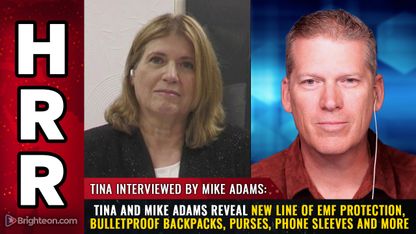
The directive comes from Israel’s chief censor, Brigadier General Kobi Mandelblit, and it contains a list of eight topics that the media may not report on without first securing approval. It is titled "Operation Swords of Iron Israeli Chief Censor Directive to the Media", and although it does not bear a date, the fact that it refers to the current military operations in Gaza indicates that it was issued since the war broke out.
A source who received a copy of the document directly from the Israeli military gave it to the Intercept; the same document can be seen on the Israeli government's website. It instructs media entities to inform their staff about the document and the topics that are banned, particularly news desk and field reporters.
The document prohibits the media from reporting on the details of military operations, as well as rocket attacks that may hit sensitive locations within the country and Israeli intelligence in general. Visits made by senior officials to battle sites and cyber-attacks are also banned topics.
According to the Intercept, “potentially embarrassing revelations about weapons used by Israel or captured by Hamas” are also banned, along with details of security cabinet meetings. Another topic listed is details about the Israeli hostages in Gaza, a subject that Prime Minister Benjamin Netanyahu has come under fire for handling poorly. The ban includes personal details, their medical situation, and any posts they held.
Some of the topics that fall under the directive's purview are related to military strategy, and it is understandable that Israel would not want its enemies to be aware of its plans. However, many feel it goes too far. The director of Democracy in the Arab World Now and former editor-in-chief of +972 Magazine, Michael Omer-Man, said that this directive is very different from those issued by the censor in the past, which tended to be more limited and general in nature.
“I haven’t ever seen instructions like this sent from the censor aside from general notices broadly telling outlets to comply, and even then, it was only sent to certain people,” he commented.
Censorship efforts are in full force as Israel-Hamas war continues
The Israeli Military Censor is a part of the IDF's military intelligence directorate. It serves to monitor and control media coverage of Israeli military operations.
Censorship continues to be a major issue as the conflict extends into its third month. The Israel Democracy Institute's Guy Lurie reports that since the war began, more than 6,500 news pieces have been fully or partly censored, which is a notable rise compared to the time before the conflict broke out. This is leading to growing concerns about how much access the Israeli public has to uncensored information about the conflict as well as freedom of the press.
It's also worth noting that the real number of news stories that have been affected by directives from the censor cannot be accurately counted because many journalists simply censor themselves in hopes of avoiding running into problems.
A 2022 U.S. State Department report about human rights in Israel reported that although the IDF did not routinely censor two Arabic-language newspapers in East Jerusalem, “Editors and journalists from those publications, however, reported they engaged in self-censorship due to fear of retribution by Israeli authorities.”
The Intercept notes that the directive memo was written in English, which implies it was geared toward the Western media. Journalists from abroad who work in Israel are required to get permission from the government and vow to abide by the censor’s directives.
Sources for this article include:
Please contact us for more information.

















